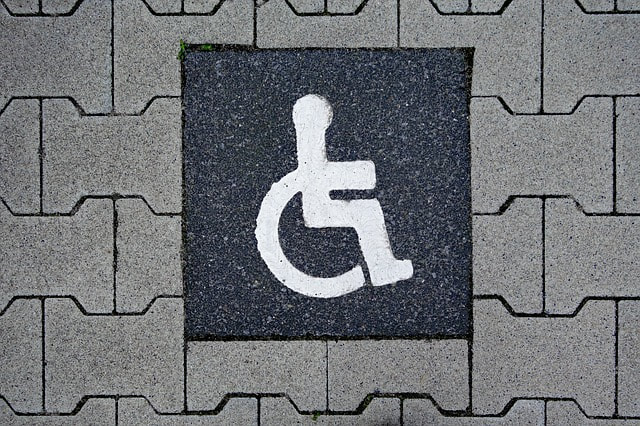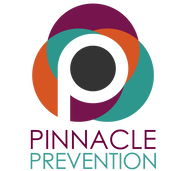|
Eating nutritious food is vital, but too often there are barriers to nutrition that prevent people from getting the food they need. People with disabilities can be disproportionately affected by limited food access. Improved transportation, pedestrian safety, and thoughtful food policy and programs can help increase access to healthy food for all Arizonans. No one should have to choose between their health and their next meal. Many people with disabilities are unable to participate in the workforce. As of 2016, the unemployment rate for men with disabilities is 10.1 percent, and for women, the rate is 11 percent. These rates are more than twice as high as the unemployment rate for people without disabilities. People living with disabilities also often experience a higher cost of living, as they juggle the prices for medication, equipment, and more with paying bills and buying food. Due to higher unemployment rates, paired with higher costs of living, people living with disabilities often experience higher rates of food insecurity. Food incentive and nutrition assistance programs can give people with disabilities greater buying power and bridge the gap between finances and food. The Double Up Food Bucks program, for example, doubles the amount of money SNAP/EBT customers can spend on fresh fruits and vegetables at farmers markets across Arizona. That means they can get twice as much nutritious food when they are able to make trips to a market near them. Customers can also sign up for one of the CSA programs across the state who participate in Double Up Food Bucks. Programs like this can help increase access to fresh, healthy food for people living with disabilities, especially if they are widely implemented across the country. But even with food incentive programs, people with disabilities can have difficulty going shopping to get the food they need. Those with disabilities who cannot drive often rely on public transportation. While there are accommodations for people living with disabilities on public transportation, problems and barriers can still arise. If people with disabilities live in rural communities, there may be no access public transportation at all. This makes getting enough nutritious food exceptionally challenging. Navigating roadways on foot or in a wheelchair can pose issues as well. Phoenix is one of the most unsafe places in America for pedestrians. Crossing streets and walking on sidewalks can be a safety risk. Food access will continue to be limited without properly and safely designed communities. Meals on Wheels helps ensure people across Arizona have access nutritious, reliable meals despite barriers like transportation or lack of resources. This program operates in communities across the state (and the country) to deliver meals to seniors and people living with disabilities. With good food policy and improved street design, access to nutritious food can be a reality for all. Pinnacle Prevention works every day to understand the needs of individuals and communities, and find meaningful solutions. Keep up with our blog, Facebook, and Twitter to learn more about what we and others across the state are doing to ensure a happier, healthier Arizona!
2 Comments
10/1/2018 11:45:28 pm
Though there are several rules and regulations that are made to protect and serve the People with disabilities community, we cannot deny the fact that there are still things that are being deprived towards them. Everyone is entitled for a healthy food, but because they are limited to do some things normal people do, this make a huge difference as they cannot do some necessary things that are important for their nutrition. This is frustrating, but still in the need of improvement and call from our government.
Reply
Tim Hortons is a popular restaurant in Canada that values customer feedback. They offer a survey for customers to share their thoughts and insights. By participating in the survey at https://telltims-ca.co/survey/, customers have a chance to win an Iced coffee with frenched Vanilla for only $1. This survey provides an opportunity for customers to engage with the restaurant and potentially enjoy a discounted beverage.
Reply
Leave a Reply. |
Pinnacle Prevention BlogFollow our blog for tips, insights and conversations about healthy living. Archives
June 2024
Categories
All
|
Location |
|


